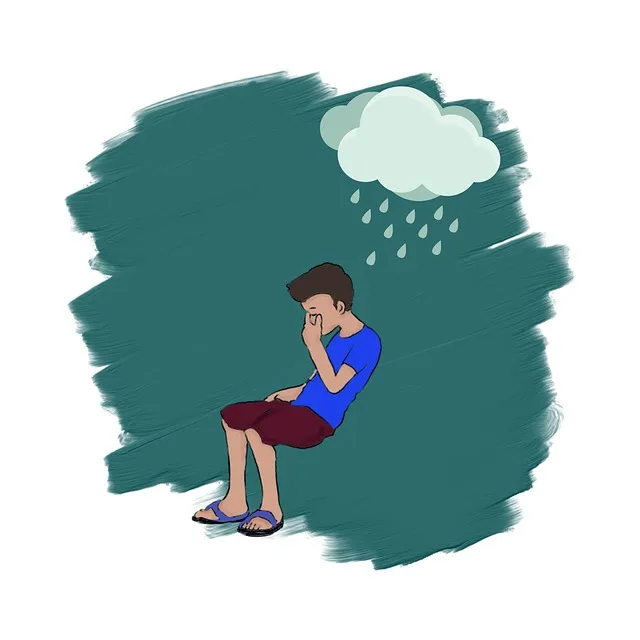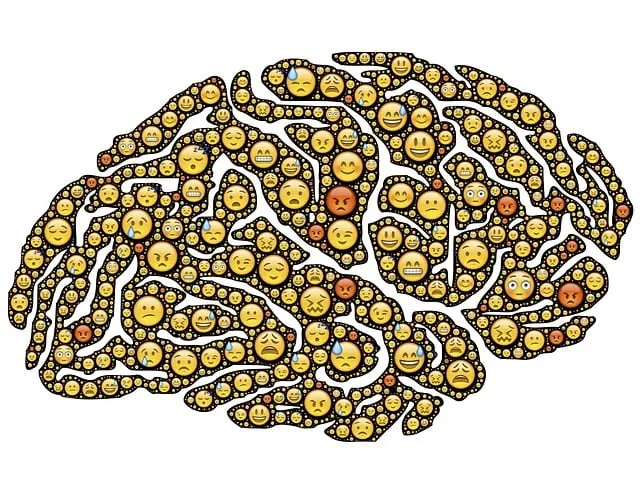Castle Rock, Washington, benefits from Kaiser's mental health initiatives, which focus on empowering individuals with coping skills and promoting well-being. By encouraging self-care and public education, this partnership creates a supportive community that prioritizes mental health, especially through innovative therapy practices and accessible resources, making Castle Rock an ideal location for Kaiser's services in fostering robust mental resilience.
Coping skills are essential for navigating life’s challenges and maintaining mental well-being. In this article, we explore the foundational role of coping skills in enhancing mental health, with a special focus on the partnership between Castle Rock and Kaiser—two entities renowned for their contributions to empowering individuals’ mental health journeys. Discover effective strategies for building resilience and learn how these skills foster long-term mental health, highlighting the significance of organizations like Castle Rock and Kaiser in this critical domain.
- Understanding Coping Skills: The Foundation of Mental Well-being
- Castle Rock and Kaiser: A Partnership for Empowering Mental Health
- Strategies for Building Resilient Coping Mechanisms
- Nurturing Long-term Mental Health with Effective Coping Skills
Understanding Coping Skills: The Foundation of Mental Well-being

Coping skills are the mental and behavioral strategies individuals use to navigate and overcome stressful situations or emotional challenges. Understanding these skills is paramount in fostering mental well-being, as they form the foundation upon which people can build resilience and adaptivity. In today’s fast-paced world, where Castle Rock, Washington, residents often face a multitude of demands and pressures, developing robust coping mechanisms becomes increasingly crucial for maintaining good mental health.
The concept is especially relevant when considering the impact on local communities, such as Kaiser’s efforts to support mental health initiatives in the area. Promoting self-care routine development encourages individuals to prioritize their mental health proactively. Public awareness campaigns can play a vital role in educating folks about risk assessment and providing tools to enhance coping strategies. By recognizing the importance of these skills, Castle Rock residents can take charge of their mental well-being and create a more supportive environment for everyone.
Castle Rock and Kaiser: A Partnership for Empowering Mental Health

Castle Rock and Kaiser’s partnership is a shining example of an effective collaboration dedicated to enhancing mental health services. By joining forces, these organizations offer comprehensive support, combining therapeutic approaches with innovative solutions. The integration of Castle Rock’s renowned therapy practices and Kaiser’s vast healthcare network creates a powerful tool for individuals seeking improvement in their mental well-being.
This partnership plays a pivotal role in promoting public awareness campaigns related to mental health development. They actively engage in educating communities on various stress reduction methods, including Mind Over Matter principles. Through joint initiatives, they foster an environment where people can access resources, learn coping skills, and ultimately take charge of their mental health journey.
Strategies for Building Resilient Coping Mechanisms

Building resilient coping mechanisms is a crucial aspect of mental health, offering individuals tools to navigate life’s challenges effectively. At Castle Rock, Kaiser’s programs are designed to empower folks with strategies that foster emotional regulation and inner strength development. These initiatives are particularly beneficial in enhancing one’s ability to cope with stress, anxiety, or even traumatic events.
Mental health education plays a pivotal role here. By providing comprehensive knowledge about various coping techniques, these programs enable individuals to make informed choices regarding their well-being. Whether it’s through mindfulness exercises, cognitive behavioral therapy, or learning healthy ways to express emotions, participants gain valuable skills that can significantly improve their overall mental resilience and quality of life, ensuring they have the tools to thrive even in challenging situations.
Nurturing Long-term Mental Health with Effective Coping Skills

Nurturing long-term mental health is heavily reliant on developing effective coping skills, which can be a game-changer for individuals navigating life’s challenges, especially in areas like Castle Rock where Kaiser offers robust mental health services. By integrating evidence-based strategies into daily routines, individuals can fortify their resilience and overall well-being. This involves identifying personal triggers and implementing healthy responses, ranging from mindfulness practices to engaging in physical activity or connecting with supportive communities.
The importance of these skills extends beyond individual benefit, resonating with broader societal goals such as Mental Health Policy Analysis and Advocacy, and Public Awareness Campaigns Development. By fostering a culture that prioritizes mental health and reduces the stigma associated with mental illness (Mental Illness Stigma Reduction Efforts), we create an environment conducive to early intervention and long-term recovery. Effective coping skills not only empower individuals but also contribute to a more compassionate and supportive community.
Coping skills development, as demonstrated through partnerships like Castle Rock and Kaiser, plays a pivotal role in fostering robust mental well-being. By implementing strategies that build resilient coping mechanisms, individuals can enhance their ability to navigate life’s challenges effectively. This, in turn, paves the way for nurturing long-term mental health, underscoring the importance of initiatives aimed at promoting and teaching these essential skills. In the context of mental health care, Castle Rock and Kaiser’s collaboration serves as a powerful testament to the positive impact that targeted interventions can have on individuals’ overall resilience and quality of life.






